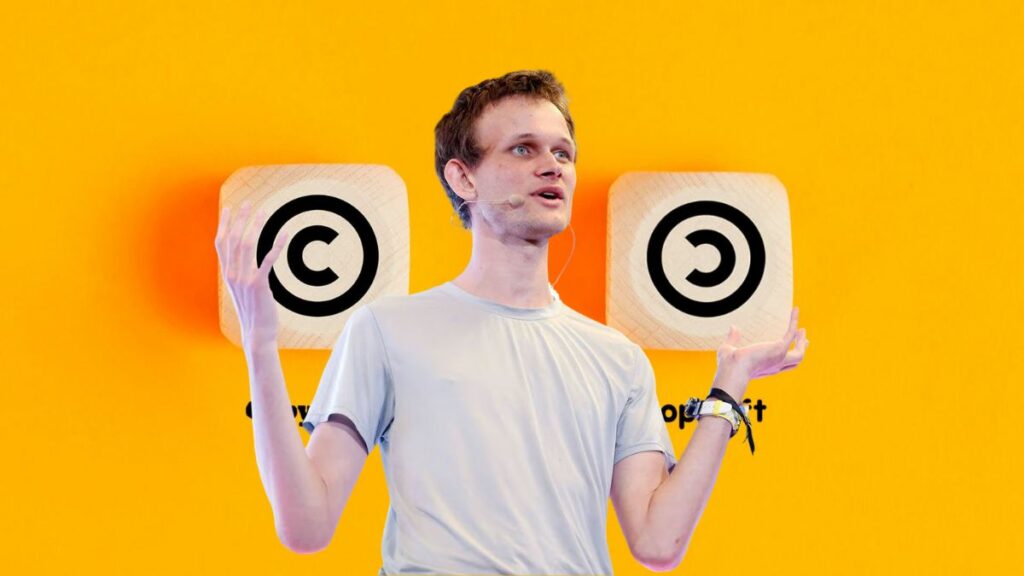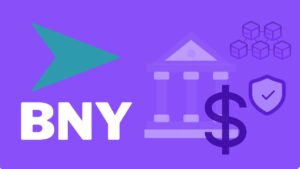TL;DR
- Vitalik Buterin has pivoted from permissive licenses (MIT, CC0) to embrace copyleft, arguing enforceable sharing is vital as corporate players increasingly privatize crypto innovations.
- Copyleft’s “share-alike” requirement ensures any derivative work remains open, acting as a legal safeguard against economic concentration and code hoarding.
- Vitalik Buterin still values permissive licensing for foundational projects but sees copyleft as the key tool where proprietary forks could undermine collective progress.
Ethereum co-founder Vitalik Buterin has revealed a surprising shift in his views on software licensing. Once a champion of permissive frameworks like MIT, CC0, and even the irreverent WTFPL, he now argues that “copyleft” is essential to safeguard open innovation as crypto grows more competitive.
In a July 7 blog post, he laid out why the industry can no longer rely on goodwill alone, and why enforceable reciprocity could keep blockchain breakthroughs from disappearing behind closed doors.
A Paradigm Shift in Open-Source Licensing
For years, permissive licenses reigned supreme in crypto: minimal restrictions, maximum diffusion. Vitalik Buterin embraced that approach to eliminate barriers and spur adoption. Today, however, the landscape has shifted.
As major corporations and well-funded projects hoard improvements, permissive terms leave little recourse for developers who contributed the original code. Recognizing that secrecy and profit motives now often trump collaboration, Vitalik Buterin says it’s time to flip the script with copyleft’s hard-wired sharing requirements.
Copyleft as a Tool for Reciprocal Innovation

At its core, copyleft mandates that any derivative work be released under the same open terms, a legal quid pro quo that transforms open source from a “nice to have” into a binding communal pact.
Vitalik Buterin portrays it not as a restriction on creativity but as insurance against privatization: only those willing to give back can tap into the community’s collective codebase. By anchoring contributions in enforceable reciprocity, copyleft aims to preserve a vibrant ecosystem of shared tools and libraries.
Countering Economic Concentration with Legal Safeguards
Drawing on economic theories of superlinear growth, Vitalik Buterin warns that unchecked scale naturally leads to power imbalances. Big players can outpace smaller innovators and then gatekeep crucial technologies.
He points out parallels in global regulations, from EU standards to China’s tech-transfer rules, and proposes copyleft as a decentralized countermeasure. Rather than rely on courts or regulators, the licensing framework itself enshrines fair access and prevents monopolistic hoarding.
Balancing Permissive and Copyleft Models
Vitalik Buterin is quick to note that permissive licenses still have their place, particularly for foundational code that benefits from rapid, universal uptake. But in domains where proprietary forks threaten collective progress, copyleft offers a middle ground: developers keep the collaborative spirit alive without stifling distribution.










